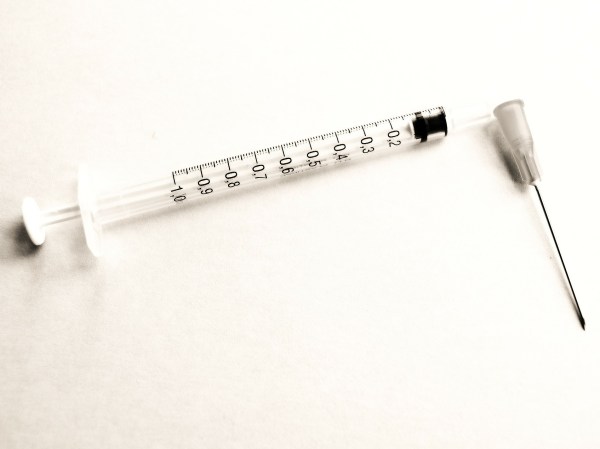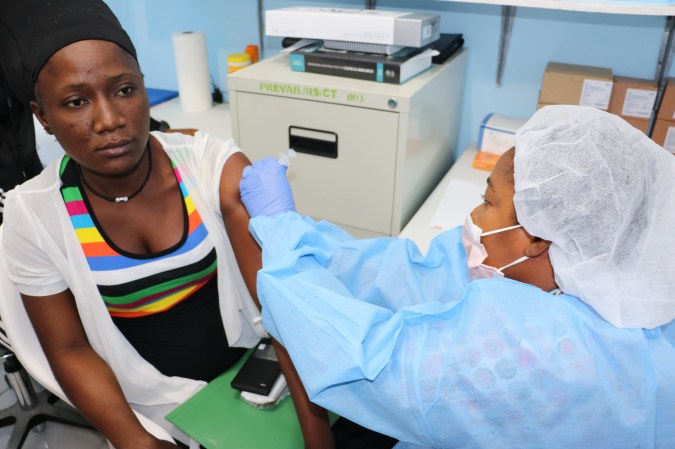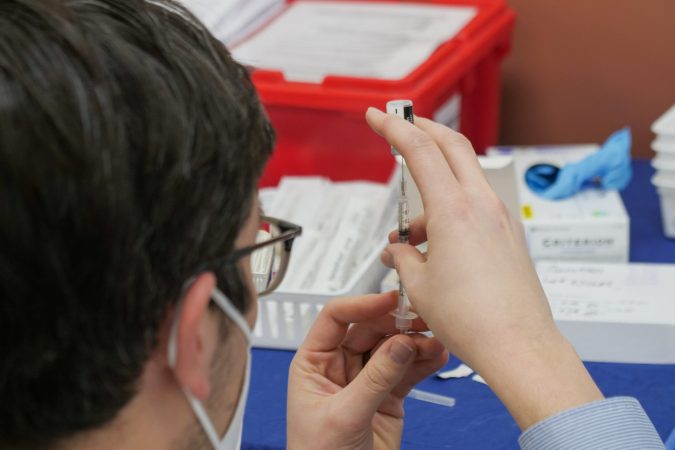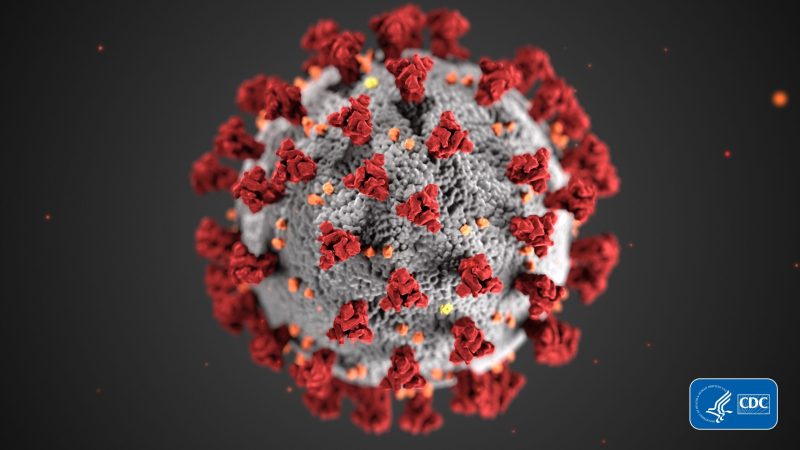

The World Health Organization has verified 74 attacks on healthcare facilities and workers since Russia invaded Ukraine in late February. The organization is in the process of verifying even more of these attacks.
Russia’s assault on Ukraine is creating a public health crisis. The violence prevents patients from accessing care, and Russia has targeted hospitals and clinics at a growing rate.
“We are concerned that this number is increasing daily,” the head of WHO’s office in Ukraine, Jarno Habicht, told the BBC. “Health facilities should be safe places for both doctors and nurses, but also patients to turn to for treatment. This should not happen.”
The facilities that have managed to remain operational are at risk of running short of supplies. Per the Geneva Convention, “the sick and wounded have a right to be cared for, regardless of whose side they are on,” and “medical workers, medical vehicles and hospitals dedicated to humanitarian work cannot be attacked.” Under these terms, these attacks on healthcare could be classified as war crimes.
The BBC reported that attacks on medical facilities may be becoming part of modern warfare strategy, regardless of the Geneva Conventions rules: “We’ve never seen globally… this rate of attacks on healthcare,” said WHO emergencies director Michael Ryan. “This crisis is reaching a point where the health system in Ukraine is teetering on the brink.”
[Related: How urban warfare imperils utilities, public services, and civilians]
Russia’s attacks have disrupted services and supplies, leaving the population vulnerable to a number of health concerns. According to The New York Times, a high number of people in Ukraine are living with HIV and hepatitis C, but can no longer receive treatment amid the invasion. The conflict has derailed routine childhood vaccinations, contributing to the country’s dangerously low levels of vaccination against measles, polio, and COVID-19.
“We should anticipate major health crises with regard to infectious diseases and chronic diseases across the region that I expect to be severe and durable,” Michel Kazatchkine, a former UN secretary general envoy for Eastern Europe, told The New York Times. The war “will have a huge impact on health systems that are already very fragile.”
Ukraine also has one of the highest rates of multi-drug-resistant tuberculosis. Patients with this form of tuberculosis rely on specific drugs to keep the disease at bay, which are now far less available. The Alliance for Public Health, a nonprofit organization, is helping patients with tuberculosis find treatment in Poland, Moldova, and other countries, according to The Times. The WHO has also stockpiled tuberculosis drugs in Poland for Ukrainian refugees.
The WHO has delivered about 165 tons of medical supplies to help Ukraine, Director-General Tedros Adhanom Ghebreyesus said in a press conference last week. But the organization is “facing serious cash-flow constraints” in its ability to deliver life-saving support. Though the WHO has appealed to people and nations around the world, seeking $57.5 million to provide adequate support over the next three months, so far the organization has only received $9.6 million, he added.























